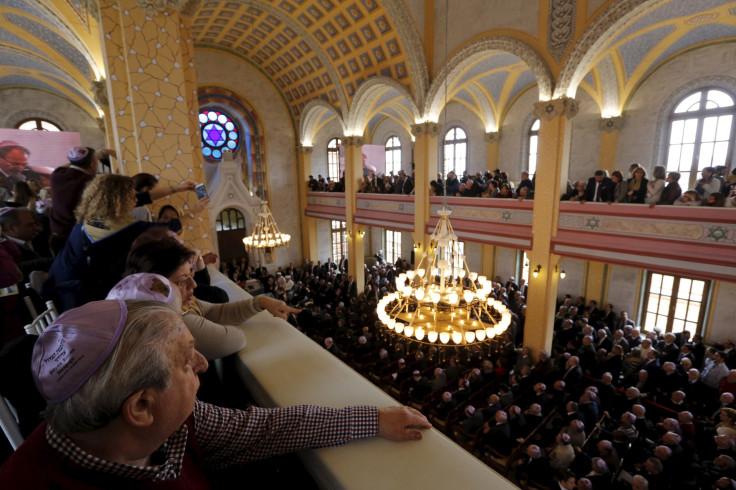In Turkey, Minorities' Freedom Of Social Media Expression Faces Discrimination, Survey Finds

Some 80 percent of individuals from Turkey’s religious minorities said they feel unable to freely express themselves on social media, a recent survey by an organization funded by the European Union found. Some 35 percent of those surveyed said they were subjected to hate speech on the same platforms, Hurriyet Daily News reported Tuesday.
Turkey has a majority Sunni Muslim population, but a significant portion of the population, about 25 percent, are ethnic minorities. An additional 25 percent adhere to minority religions, including a large number of Alevis, a Shiite Muslim sect, according to Todays Zaman. The survey included 746 Turkish citizens from Greek, Armenian, Jewish and Syriac communities, and was conducted by the Yeniköy Panayia Greek Orthodox Church, Bilgi University and the Konda pollster company.
Turkey's government has repeatedly been accused of suppressing free speech online. Over the last few years, the government has routinely banned Twitter during political controversies.
The Turkish state, although founded as a secular republic, integrated Sunni Islam into its national identity. Minorities were long deprived of certain rights, like opening their own private schools. Turkey's President Recep Tayyip Erdogan, whose moderate Islamist AK Party came to power in 2002, has made a number of strides to open the country to minority groups. The party, which again won a parliamentary majority Sunday, has funded the restoration of numerous non-Muslim religious sites like synagogues and passed a law last year returning confiscated state property to minorities. The government granted the right last year to reopen an Assyrian school some 86 years after the last one was closed.
Opponents, however, have argued that the government roused nationalist sentiment and a populist mood that has turned the country against its religious minorities. Erdogan’s term has been marked by a pivot away from Europe and toward the Middle East.
Eighty percent of those surveyed said they believed Turkey needed legal means to penalize violations of rights and discrimination on social media. The most popular online platforms were Facebook, YouTube and Instagram.
© Copyright IBTimes 2024. All rights reserved.






















